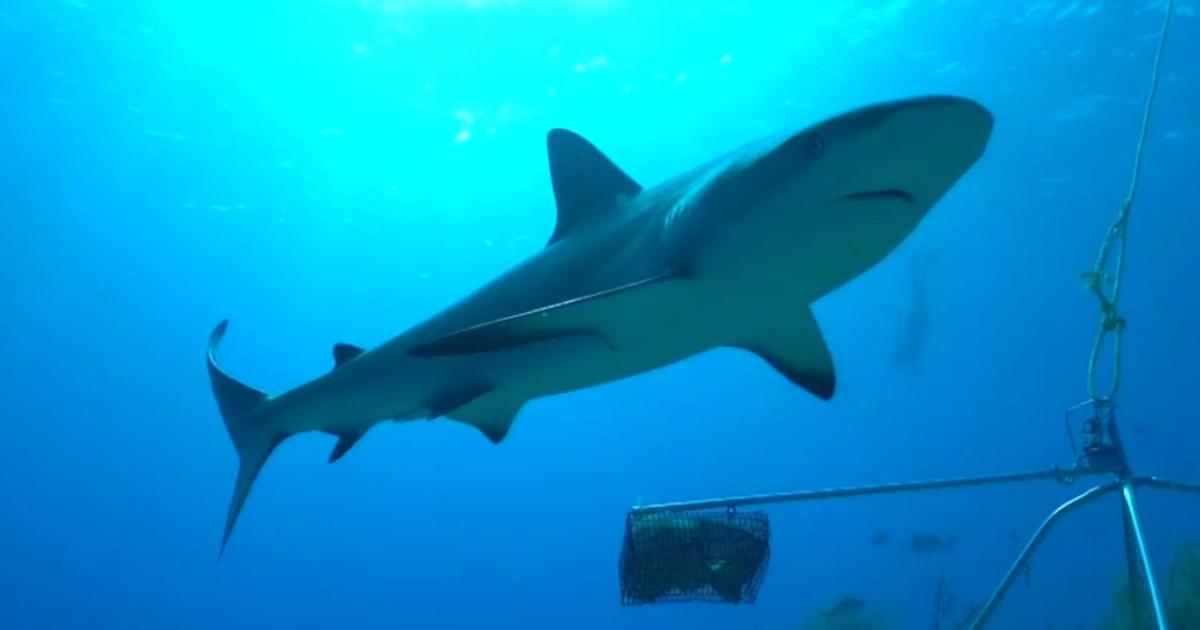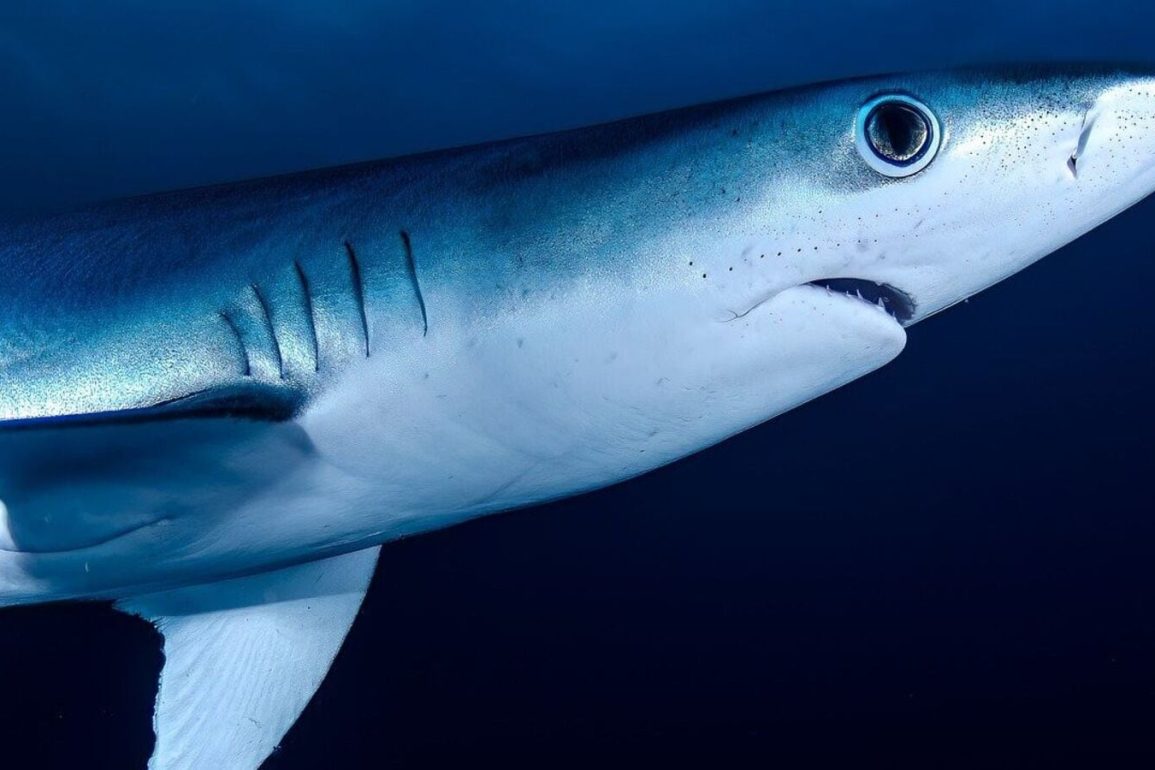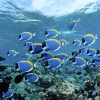Sharks off the coast of Brazil have been found with traces of cocaine in their bodies, marking the first time the drug has been detected in free-ranging sharks. Researchers from the Oswaldo Cruz Foundation tested 13 Brazilian sharpnose sharks in the waters near Rio de Janeiro and discovered cocaine in both their liver and muscle tissues.
This small shark species was chosen for the study because it inhabits a limited area of coastal waters and is exposed to significant contaminant discharges throughout its life.
The study found that cocaine levels in muscle tissue were approximately three times higher than in liver tissue, with female sharks showing higher concentrations than males. The cocaine contamination is attributed to sewage discharges from human drug use and illegal cocaine production labs.
Enrico Mendes Saggioro, an ecotoxicologist and study co-author, noted that increased cocaine consumption and inadequate sewage treatment in Brazil contribute to higher cocaine levels in the sea. The study refutes previous suggestions that cocaine contamination might result from traffickers dumping the drug at sea.

While it is not yet determined whether cocaine harms sharks, previous research indicates that the drug negatively affects other marine animals like fish and mussels. Both Mendes Saggioro and co-author Rachel Ann Hauser Davis believe it is probable that cocaine exposure could have detrimental physiological effects on sharks, though further research is needed.
The researchers also suggest that other animals in the sharks’ food chain, such as crustaceans and fish, are likely contaminated with cocaine, posing potential risks to human health since sharks are consumed by humans in Brazil and other countries.
The research team plans to extend their studies to other shark species and rays in river estuaries, as well as migratory fish like mullet, to determine if migration affects cocaine accumulation. The findings were published in the journal Science of the Total Environment.
This study adds to previous discoveries of aquatic drug contamination, including brown trout becoming addicted to methamphetamine in 2021 and freshwater shrimp and mussels testing positive for various drugs and pharmaceuticals in different parts of the world.
This research highlights the widespread issue of drug contamination in aquatic environments and its potential effects on marine life and human health. The findings call for improved sewage treatment infrastructure and further investigation into the ecological impacts of drug pollutants in the ocean.

